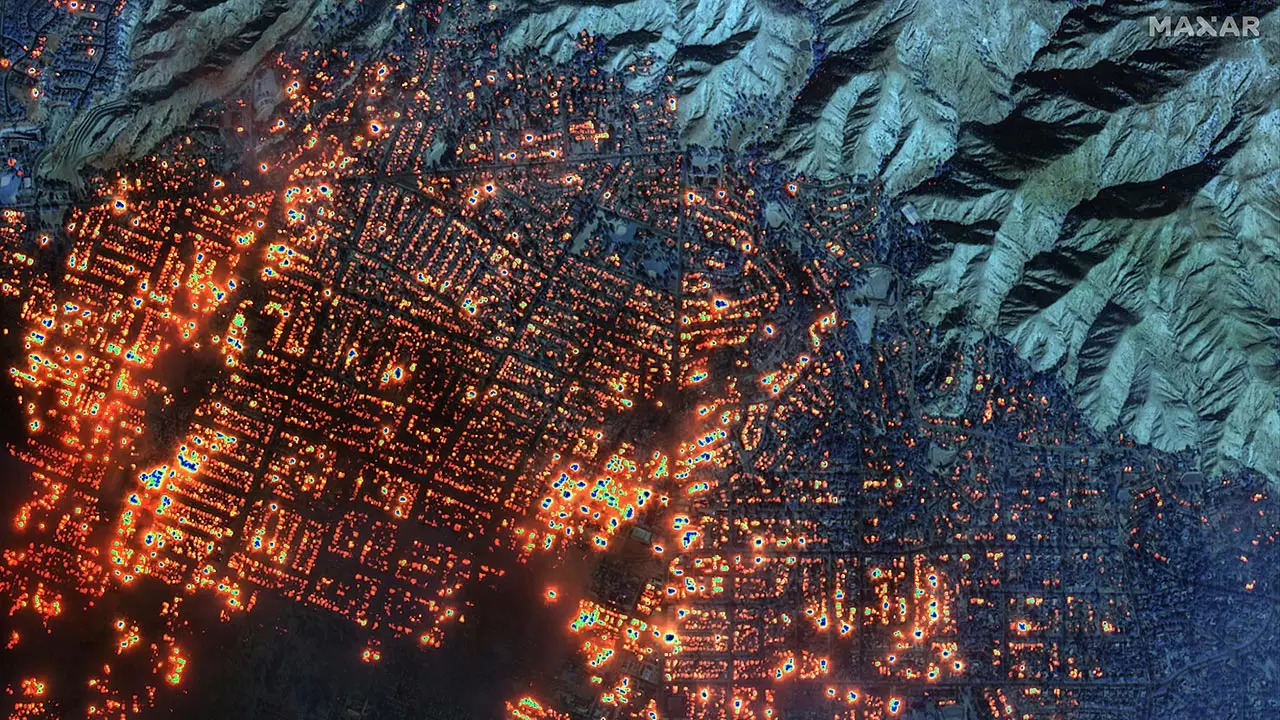Namibia’s High Court declared the criminalization of sexual acts between men unconstitutional, a landmark ruling that contrasts with other recent attempts in Africa to curtail LGBTQ rights.
The court’s finding stemmed from an application filed by Friedel Dausab, a gay Namibian man, who argued that the criminalization of homosexual relations and other sexual conduct that was deemed unnatural infringed on citizens’ fundamental rights and freedoms, and constituted unfair discrimination.
Judges Nate Ndauendapo, Shafimana Ueitele and Claudia Claasen concurred, stating that anti-gay laws unfairly differentiated between men and women, and between gay and heterosexual males. They also invalidated sections of the Immigration Control Act and the Defence Act that criminalized homosexuality and condemned views that label the practice as an “abominable vice,” saying they were based on prejudice and unfounded societal biases.
“This is good for young LGBTQ people to know that their love is not a crime,” Dausab said after the ruling. “It is a great day for Namibia.”
Attorney General Festus Mbandeka, who opposed Dausab’s application on the government’s behalf, argued that public sentiment in Namibia hadn’t evolved to the point where legislators were ready to repeal anti-homosexuality laws, and that constitutional protection against discrimination didn’t explicitly cover sexual orientation.
The government is still considering the ruling and hasn’t decided whether to appeal, said Gladice Pickering, the justice ministry’s executive director.
Uganda last year approved anti-gay legislation that prescribes the death sentence for some offenders, while Ghana’s parliament passed a law in February that seeks up to three years in prison for people identifying as LGBTQ. The latter measure is being challenged in court and the nation’s president has yet to assent to it.
Tanzania and Kenya are also considering curtailing LGBTQ rights.





















Discussion about this post